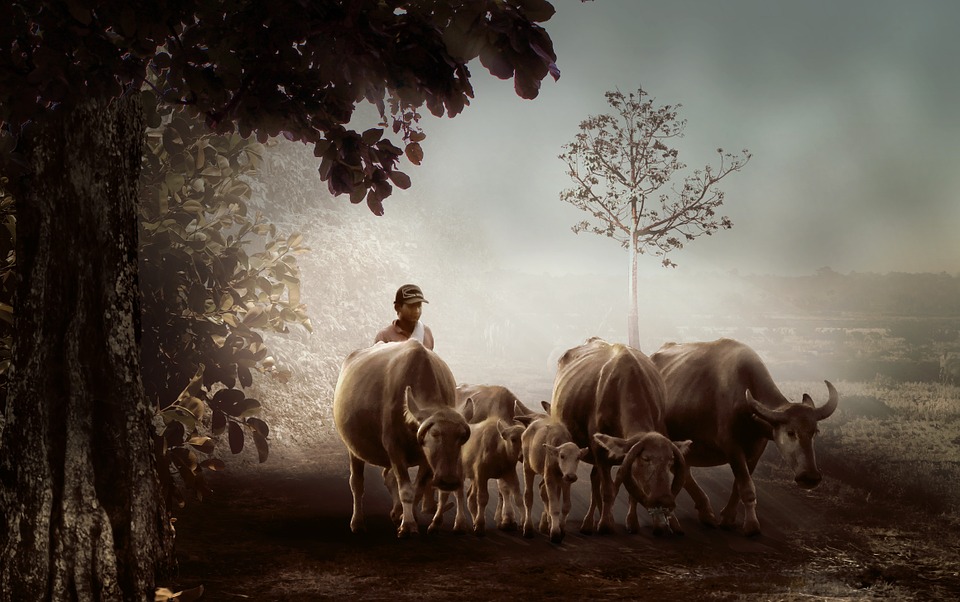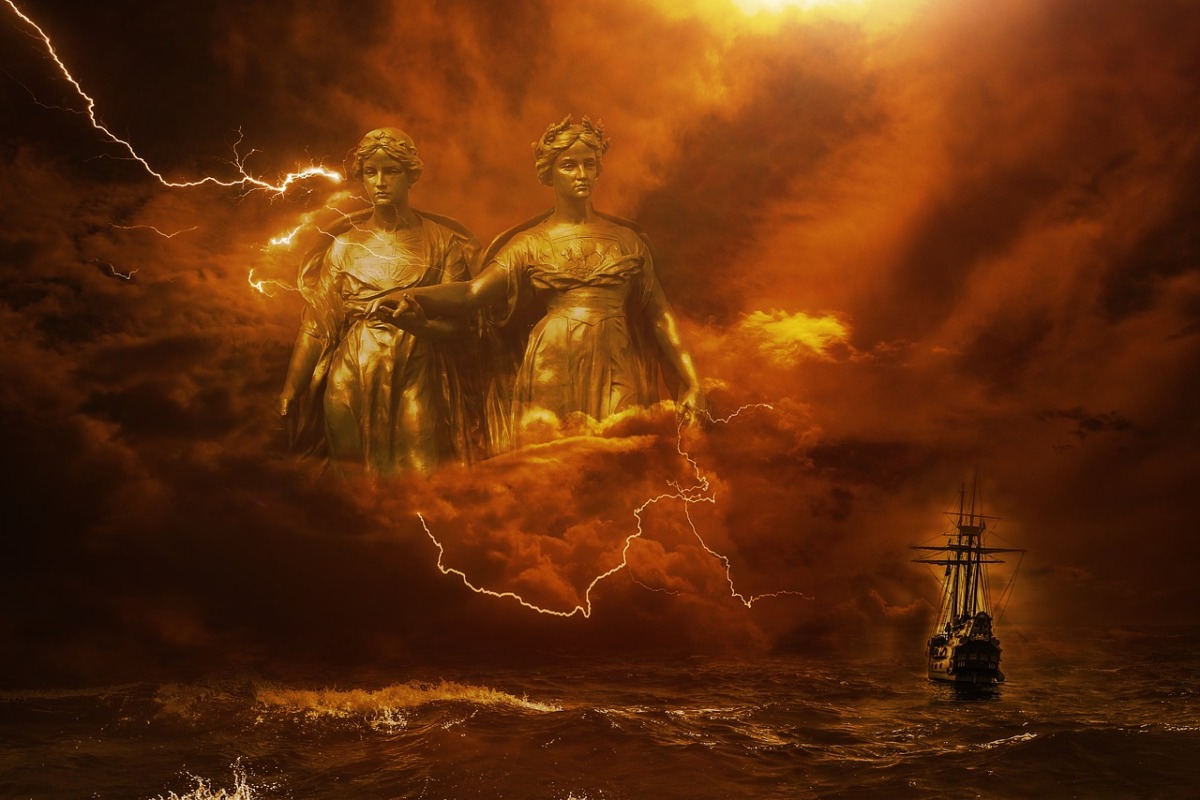by Aldis Putelis
In certain ethnographic regions (Western Latvia) Mara has the same functions as Laima in most of Latvia. In a derived form of her name (Marsava), a protective deity of cattle. Stribingius mentions a “cow deity” by the name Moschel which appears to be just a corrupted form of Marsava. In the dievturiba she is made the highest female deity – a ruler of the material world, a feminine counterpart of Dievs as the highest concept; one of the heavenly trinity (Dievs, Mara, Laima), with all the ‘Mothers’ being just her synonyms. Still, it is believed (as expressed by several scholars) that this deity is to a great extent a result of Christian syncretism, as proven by older dictionaries giving Mara as a translation for Maria.



